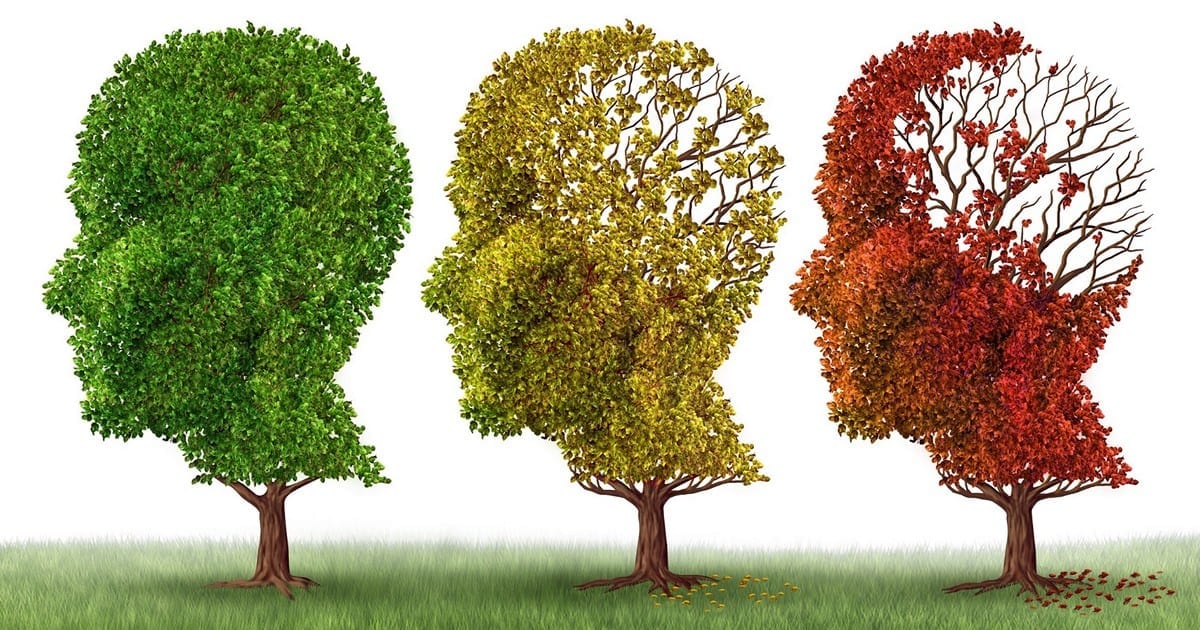Understanding Dementia

As we are a part of a global population that lives longer, Dementia is a common condition in our society and it’s important that everyone is educated on the topic! We have asked Your Side’s expert on the subject, Ilsa Bird, to answer some of the FAQs below about dementia. Dementia can seem overwhelming, but Your Side is here to help you understand it and support you if you are living with the condition or caring for someone with dementia. Please contact us for any further information.
Contact the Customer Care Team on:
P: 1300 134 332
E: customercare@yourside.org.au
What exactly is a Dementia?
Dementia is the umbrella term that describes a range of neurodegenerative disorders – these disorders cause progressive damage to the brain over time. There are over 100 different types of dementia but the most common form is Alzheimer’s disease which accounts for roughly 50-75% of cases.
How can you tell if someone is living with Dementia?
You may not be able to tell if someone is living with dementia, but there are some common signs. This includes a loss of memory function, confusion, trouble finding words, loss of ability to do everyday tasks, changes in behaviour and social skills.
Changes in behavior may include repetitive behaviours such as repeating actions or questions. Social changes may include avoiding social situations, withdrawing from friends and family or not participating in activities they used to enjoy. Dementia more commonly impacts older people; however there are people who may be living with younger onset dementia which includes people under the age of 65.
What is the best course of action to support a person who may be lost, confused, upset or agitated?
If someone is lost or confused, you can ask if they need help. Try and prompt their memory with short and direct sentences – e.g. “Are you looking for something?” or “would you like some help with something?”
If they are upset or agitated, stay calm and be aware of your body language. For example, folding your arms may be perceived as anger or negative so instead keep your shoulders, arms and hands relaxed and neutral.
Smile and speak reassuringly. You can also offer a diversion from the situation – e.g. “Would you like a cup of coffee?” or “would you like to go for a walk?”
What is something you should NOT do?
Never argue with someone who has dementia, even if they seem irrational or are expressing what they believe is not the reality of a situation. It is reality for them, and you should listen and show empathy.
Don’t ever assume what they can or can’t do relative to their cognitive or physical capacity. Ask if they need help and support or guide them if they say yes.
Is there anyone you should call than can help?
The National Dementia Helpline can assist with advice and support for family, friends or community members. The helpline is 1800 100 500 and is available 9am-5pm Monday-Friday.
Outside of these hours, you can contact the Dementia Behaviour Management Advisory Service on 1800 699 799.
If you believe their safety, or your own, is at risk contact emergency services on 000.
More Information:
Dementia Australia: https://www.dementia.org.au/
Dementia Support Australia: https://dementia.com.au/
